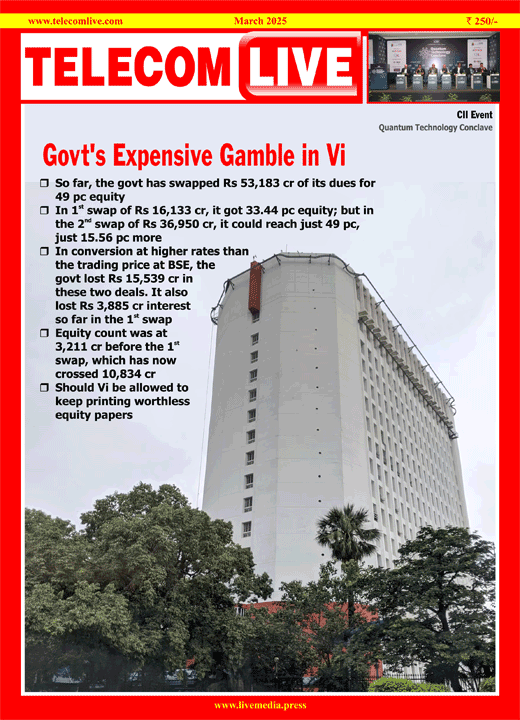US court overthrows H-1B visa program changes, says administration’s causes unjustified
A US court has ruled against the recent changes introduced in the H-1B visa program, including raising minimum wage levels and tightening eligibility requirements. It said that the administration had not justified its choice to skip key procedural steps.
U.S. District Judge Jeffrey White found that the unemployment crisis caused by the coronavirus pandemic was not “good cause” for the U.S. Department of Homeland Security and U.S. Department of Labor to flout the proper regulatory procedure when issuing the two policies, which aimed to crack down on H-1B specialty occupation visas. While the salary requirements were effectively immediately upon publication in October, the new eligibility criteria were to be effective from December.
The case had been filed by the US Chamber of Commerce and other industry associations. The new rules had been implemented without the otherwise mandatory notice and comments period that are given after they are published. Under the new rules, minimum wages for H-1B workers were set to rise by an average of 40% across job roles and locations, pricing them out of the market in several areas. The DHS had changed the definition of specialty occupation, employee-employer relationship and limiting the validity of an H-1B visa for one year, instead of three, for a worker placed at third-party worksite. It also allows for increased workplace monitoring to improve compliance. Immigration experts had said then that the rules were unlikely to withstand scrutiny in court. This is among the last immigration policy changes introduced by the Trump administration a month before the Presidential elections in November.



